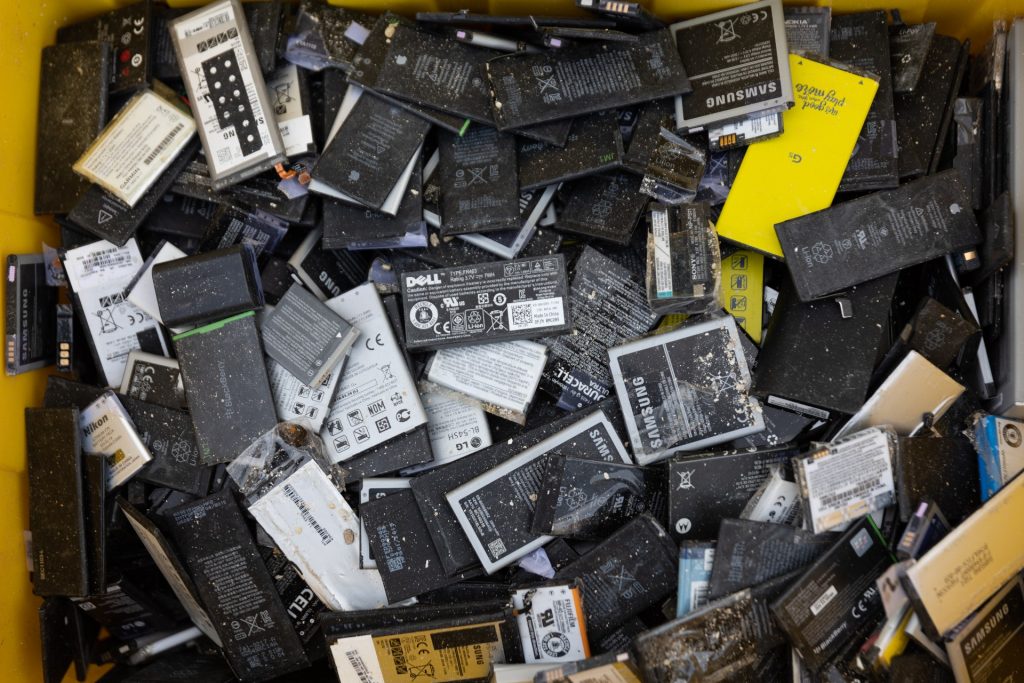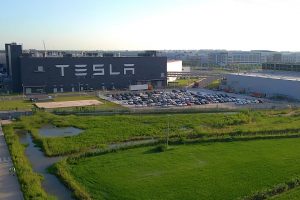Redwood Materials, a battery recycling company founded by Tesla co-founder J.B. Straubel, has announced a $700 million investment round from external investors. The round was led by funds and accounts advised by T. Rowe Price Associates, Inc., and includes contributions from Goldman Sachs Asset Management, Baillie Gifford, Canada Pension Plan Investment Board, and Fidelity. Additionally, Series B investors included Amazon’s Climate Pledge Fund, Capricorn’s Technology Impact Fund, Breakthrough Energy Ventures, Valor Equity Partners, Emerson Collective, and Franklin Templeton.
In an attempt to keep up with the growing market of car manufacturers and other transportation companies transitioning to electrification, Redwood knows that the demand for lithium-ion batteries and other materials crucial to their operation will need to be reused. Redwood’s ultimate goal is to create a “closed-loop supply chain for electric vehicles and energy products, making them truly sustainable and continuing to drive down the costs for batteries,” the company said.

After opening up a new facility near Tesla’s Gigafactory Nevada earlier this year, Redwood plans to expand its recycling efforts to make batteries more Earth-friendly and cost-effective, a plan that Straubel outlined.
“With this capital, Redwood will be able to accelerate our mission to make battery materials sustainable and affordable, accomplishing the change we need in the world with a circular economy,” Straubel, CEO of Redwood Materials, said. “We’re grateful for these strategic investors who bring decades of experience investing in and supporting companies that build transformative technology and who understand the mission and value of what Redwood is working to achieve.”
Battery manufacturing efforts are expanding through third-party suppliers and automotive manufacturers. Tesla is one of the most notable, holding several partnerships with companies like Panasonic, LG Chem, and CATL for its battery needs. Other companies, like Volkswagen, have also outlined massive battery cell manufacturing goals through the next decade and beyond, preparing for a large-scale offensive as the race for EVs continues.
However, Redwood’s recycling efforts would only improve the situation for these automakers. Instead of scraping hazardous materials from batteries after their lifespan ends, the batteries can be reused and implemented into packs after being recycled. Not only would this improve the availability of battery cells for carmakers, but it would also create a more sustainable environment in the battery manufacturing field and improve the cost of electric cars. The most expensive part of an electric vehicle is the battery pack, and due to the limited availability of battery cells, costs will only improve when more are available. With the production of new cells from various manufacturers and the recycling of old cells from companies like Redwood, costs will decrease, making electric vehicles more affordable in the long run.
“We are excited to begin this investment in the talented and accomplished team at Redwood as they expand their pursuit of building a world-class sustainable, closed-loop battery supply chain for electric vehicles,” T. Rowe Price Growth Stock Fund portfolio manager Joe Fath said. “In our view, the need for these materials will grow exponentially over time as we enter the era of de-carbonization. We believe Redwood is well-positioned to be at the forefront of tackling this emerging and critically important problem.”
Redwood’s current workload includes developing processes to produce battery materials that can be resold into the battery supply chain, making elements of the cell more readily available. Redwood has a currently active partnership with Panasonic at the Tesla Gigafactory in Nevada, along with other collaborations with Envision AESC in Tennessee, the company responsible for the Nissan LEAF battery packs, and Amazon for recycling lithium-ion batteries and other e-waste from their massive business.





